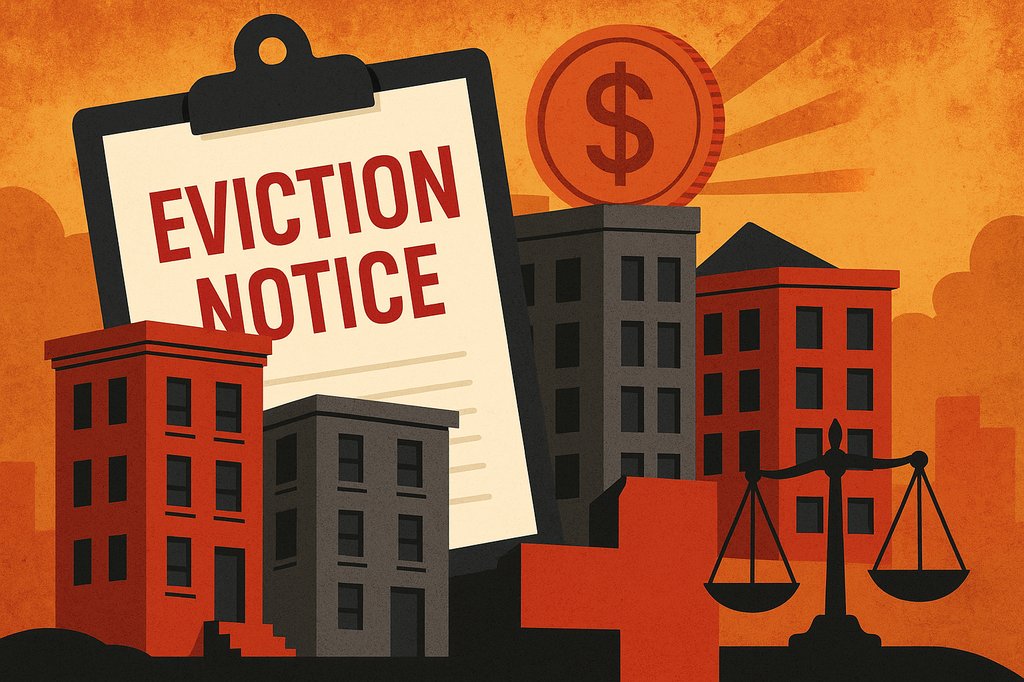The fight for Proposition 13 heads to the ballot
By Jon Coupal, President, Howard Jarvis Taxpayers Association

Despite the popularity of Proposition 13, the California Legislature passed two proposed amendments to the California Constitution that rip huge holes in that iconic taxpayer protection overwhelmingly approved by voters in 1978.
But here’s the good news. These anti-homeowner bills must be approved at a statewide election and, given the anger from thousands of constituents who flooded the Capitol with calls, letters, and petitions, the two measures are likely headed for the defeat they so richly deserve.
These two bills, Assembly Constitutional Amendment 1 and Assembly Constitutional Amendment 13, are both serious threats to Proposition 13, although for two different reasons.
Assembly Constitutional Amendment 1 is a direct attack on Proposition 13 that would remove the taxpayer protection of the two-thirds vote of the electorate required to pass local special taxes. If this measure is enacted, local taxes for “infrastructure” – defined so broadly as to be meaningless – could pass with just 55% of the vote instead of the 66.67% margin as required by Proposition 13. This makes it easier for local governments to raise taxes so California’s already stressed taxpayers will end up paying billions more.
Because ACA 1 repeals language in Proposition 13, even the most dishonest politician can’t argue that it leaves Prop. 13 unharmed. But ACA 13 is a different type of assault that doesn’t directly alter Prop. 13’s language. But the harm it inflicts is just as bad. Here’s how.
ACA 13 is a devious attempt to prevent taxpayers from protecting Prop. 13. It aims to derail the Taxpayer Protection and Government Accountability Act (TPA), an initiative constitutional amendment that has already qualified for the November 2024 ballot. TPA restores Proposition 13 protections that have been eroded by the courts and it is supported by a large coalition of taxpayer, business, and property rights organizations.
If ACA 13 is enacted, TPA itself would require a two-thirds vote of the statewide electorate to pass, instead of a simple majority. That is virtually an insurmountable threshold for a statewide vote on a constitutional amendment. In fact, if ACA 13’s two-thirds vote requirement had always been the law, then California wouldn’t even have a constitution. That’s because the state constitution of 1879, and all subsequent revisions, all required a two-thirds vote of the local electorate to approve bonded indebtedness. Moreover, under such a high threshold for a statewide vote, Proposition 13 itself would not be law as it “only” secured 65% approval.
In short, ACA 13 is an effort to prevent voters from ever again using the initiative process to protect themselves from excessive taxation.
Knowing how popular Proposition 13 is, the proponents of ACA 13 – local government associations and organized public sector labor, have resorted to new levels of lies and dissembling. For example, during the debate on ACA 13, several legislators claimed that ACA 13 doesn’t impact Prop 13. For that, they are awarded 5 “Pinocchios” for extraordinarily shameless lying. There can be no greater threat to Prop. 13 than a dagger at the heart of TPA which restores the protections of Prop. 13 that have been lost.
During the Senate floor debate, Democrat Toni Atkins actually argued that ACA 13 was needed to preserve democracy by protecting the principle of “majority rule.” But ACA 13 would prevent the majority of California voters from trying to control local taxes by requiring that an already qualified constitutional amendment itself receive a supermajority vote to take effect.
We also wonder whether legislators who supported ACA 13 have fully considered the political fallout that is coming. In the last election, voters rejected the infamous “split roll” initiative, another direct attack on Proposition 13. That measure sought to remove Prop. 13’s tax limits from business properties.
Proponents of split roll mistakenly believed that it would be more palatable to voters by keeping the limits for homeowners in place. But voters have historically recoiled at any effort to weaken Prop. 13. And as far as ACA 13 is concerned, there is no debate that it has a direct impact on homeowners who want to restore the protections of Prop. 13.
Two more points. First, although the proponents of ACA 13 wanted it to appear on the March ballot, it appears they may have to wait until November. The reason for that is pure politics and the subject of a future column.
Second, voters need to find out how their legislators voted on ACA 13 and reward those who voted against it. Call or write to them and thank them for standing with taxpayers. Support their reelection because we simply don’t have enough representatives in Sacramento who respect the taxpaying public.
By the same token, taxpayers need to make sure that those who voted in favor pay a political price at the ballot box.
The fight continues.
Jon Coupal is president of the Howard Jarvis Taxpayers Association.








